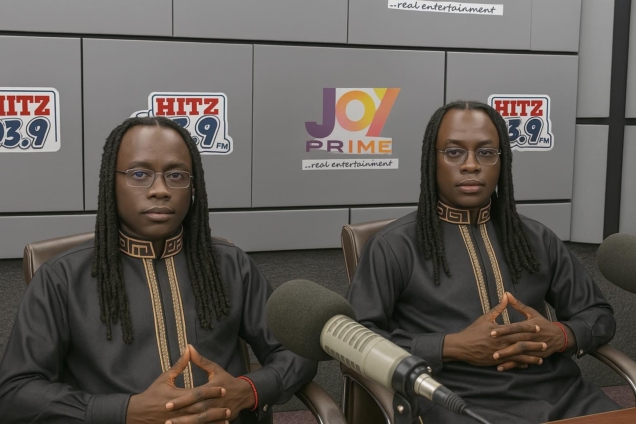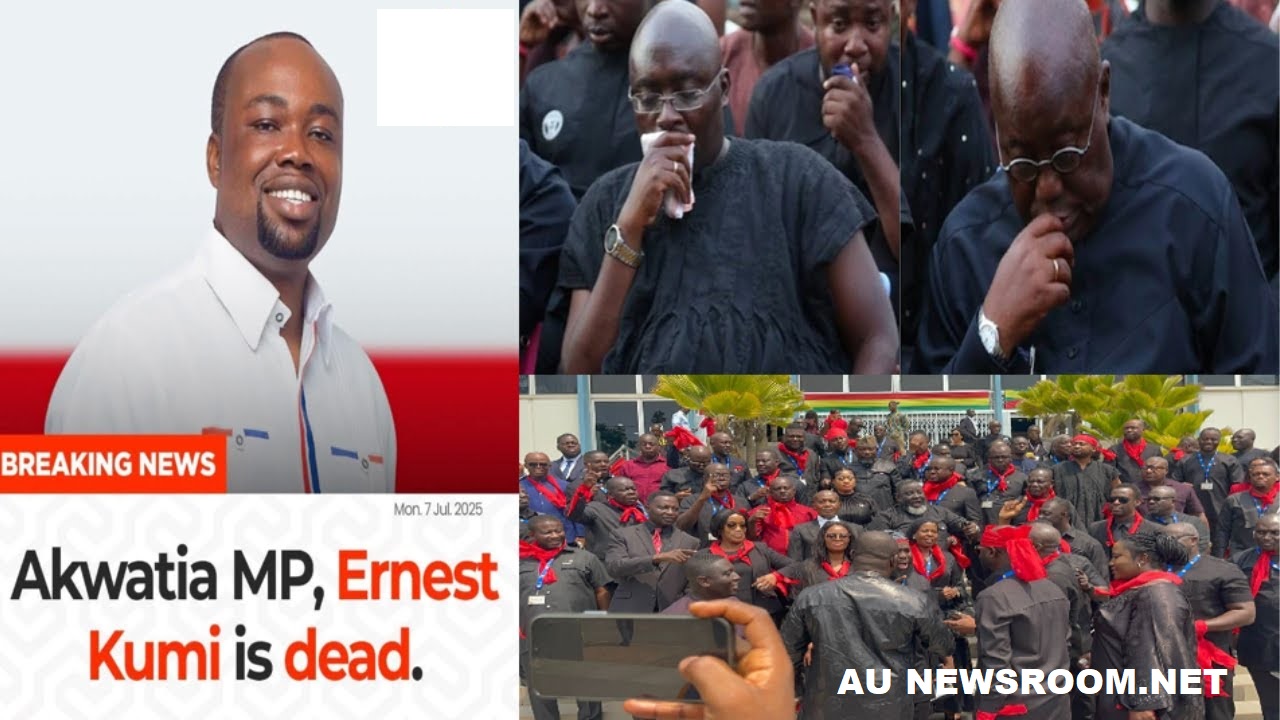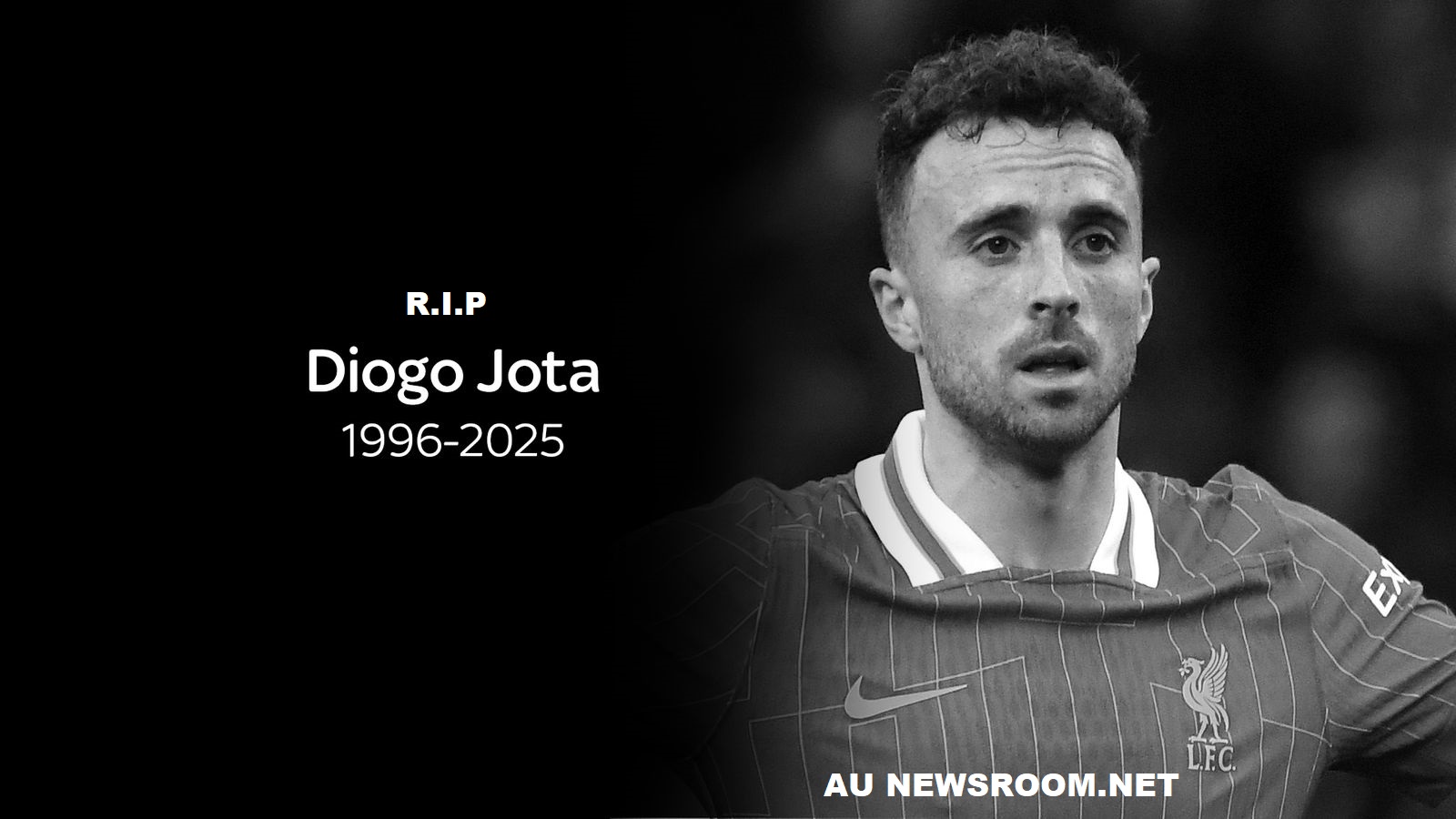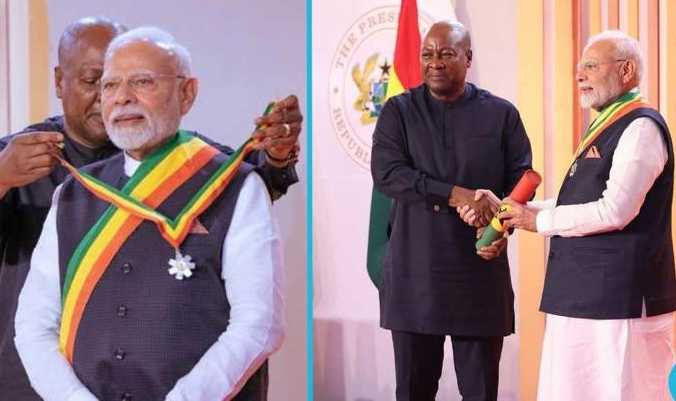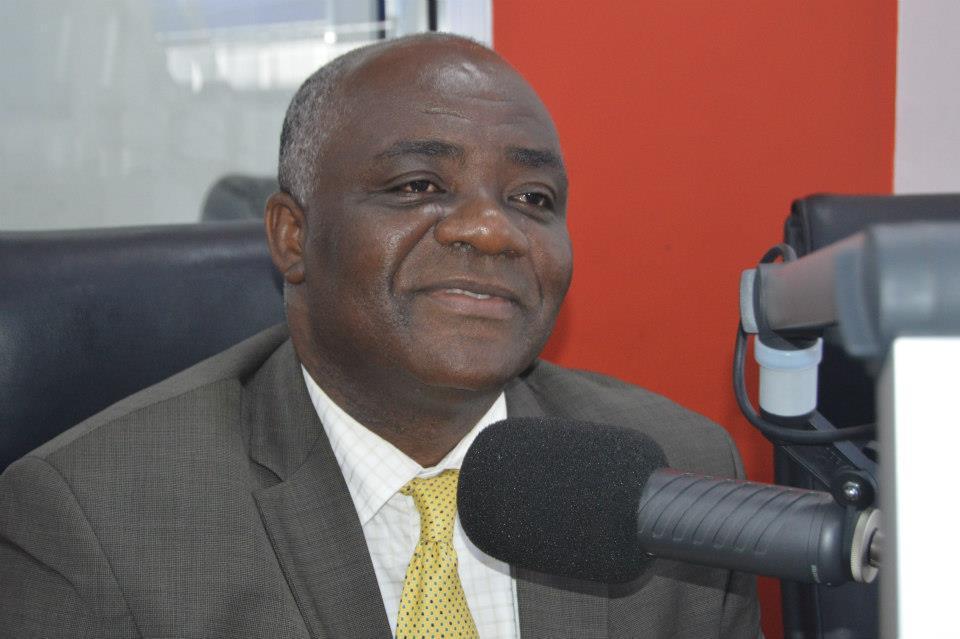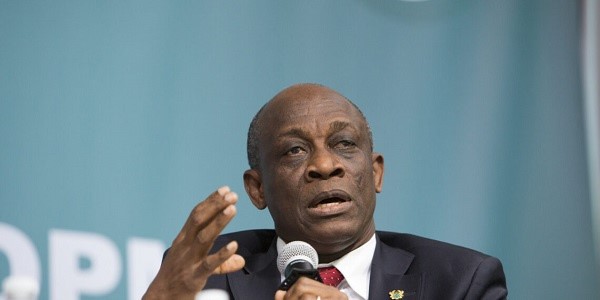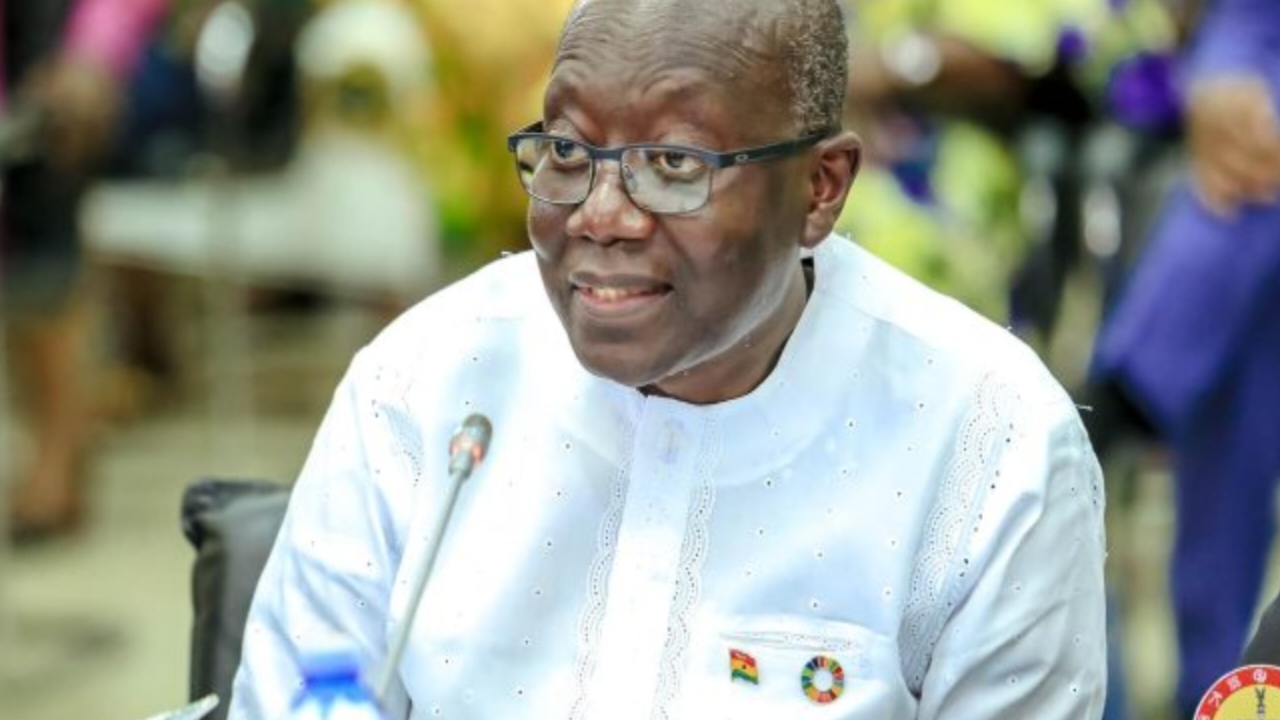Prof. Peter Quartey of the Institute of Statistical, Social and Economic Research (ISSER) urged the government to rethink its decision to pay the fees of first-year students in public universities. He noted that while this decision fulfills a campaign promise, it does little to address Ghana’s deeper educational challenges.
The government allocates GHȼ499,915 for this promise. Prof. Quartey questioned the fairness of this support. He asked, “What about students in private universities?” He stressed that many private university students come from less privileged homes and are forced into these institutions due to limited public slots or lower grades. He believes the government should also support these needy students.
Prof. Quartey highlighted poor conditions in basic schools. He mentioned instances of pupils sitting on blocks or lying on floors to write. “Before paying fees for everyone, shouldn’t we invest in improving basic education infrastructure?” he questioned.
University accommodation is another concern. Only about 20% of students secure on-campus housing each year. He asked if it is efficient to pay fees for students who have no place to stay.
He also called for a review of the free Senior High School (SHS) policy and other social interventions. “We’re struggling to sustain free SHS. Let’s revisit these policies to ensure value for money,” he said.
On school feeding, he welcomed the 33% increase in funding. However, he urged decentralised procurement to eliminate partisanship. He noted disturbing reports of students receiving meals with little or no protein.
Prof. Quartey stressed the need to leverage ICT to boost revenue mobilisation. He welcomed the reintroduction of road tolls but urged that the government invest in infrastructure first to avoid congestion.
He also warned that Ghana’s economic growth is projected to slow to 3.8% in 2025, down from earlier forecasts of 4%. Industrial growth may drop from 7.1% to 3.3%, despite five tax reliefs and policy interventions aimed at stabilising the exchange rate and stimulating the economy.
Prof. Quartey’s remarks call for a thorough review of current educational and social spending policies to ensure sustainable and effective support for all students.




